Apple’s Next iPhone Will Not Support Mobile Payments
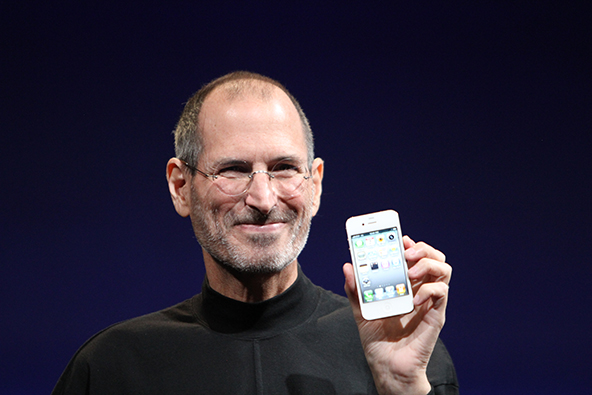
Apple has decided to wait for at least another year, before it incorporates near-field communication (NFC) technology into its products and most notably into its iPhone, we learn from the Independent. NFC is primarily used for facilitating mobile payments.
We actually got a taste of the news a couple of weeks ago when CEO Steve Jobs launched the second iteration of the iPad. Apple’s record-breaking tablet computer doesn’t feature NFC capabilities either.
What Does NFC Do?
NFC is a short-range wireless technology that enables the transmission of information at distances of up to eight inches. It allows NFC-enabled devices to communicate with smart cards and readers.
NFC has emerged as the platform of choice for many of the big technology and telecommunications companies that have entered the mobile payments race in the past year.
Who Uses NFC?
Google, perhaps Apple’s biggest competitor in the field, was the first technology company to launch an operating system — the Android Gingerbread — that supports NFC and can be used for mobile payments and CEO Eric Schmidt boasted two weeks ago that it was being downloaded by 300,000 new users a day.
Research In Motion (RIM), the maker of BlackBerry, one of the biggest iPhone competitors, recently began trials of its NFC-based “Mobile Wallet” through a partnership with Bank of America.
The projects launched by some of the biggest mobile carriers have been even more ambitious. In the U.S. last year AT&T, T-Mobile and Verizon formed a joint-venture called Isis, a nation-wide mobile commerce platform based on NFC. Discover, the fourth-largest U.S. payment network will be processing Isis’s payments and Barclays, a large British bank, will be managing the accounts. Then in February of this year, Bouygues Telecom, Orange and SFR, three French mobile operators, announced Buyster, an Isis look-alike.
There have been numerous other NFC launches, partnerships and projects that have been announced by, among others Visa, MasterCard, Sprint and a host of banks.
Why Is Apple Staying Out?
With all this activity going on in the NFC world, Apple’s decision to postpone (no one doubts that it will happen eventually) its embrace of the short-wave technology is a bit puzzling. After all it is known that Steve Jobs and company have filed NFC patents for the iPhone and have hired NFC experts last year.
According to the Independent, Apple “was concerned by the lack of a clear standard across the industry.” Since when is Steve Jobs concerned by what anyone else’s standards are?
Apple is actually not completely staying out of the NFC picture. The company will apparently continue working on an NFC-enabled iTunes store. Yet, it would still need a compatible device, which we know will be made by no one but Apple.
Is Apple’s the Right Strategy?
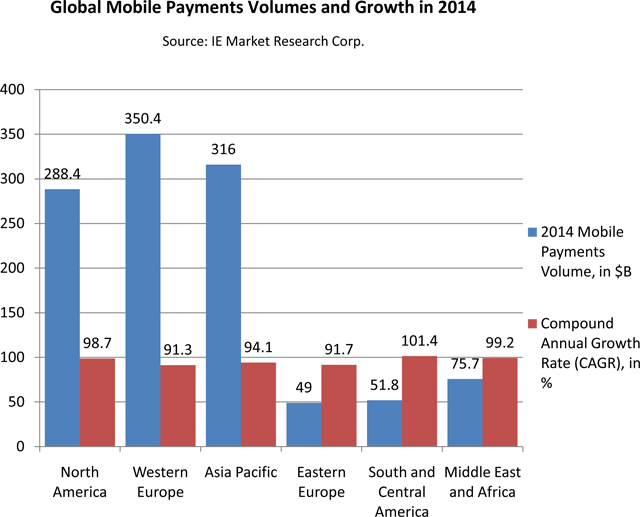
While Apple is waiting, the NFC market is growing by leaps and bounds. While various reports put different figures on its projected future volumes, they all agree that the growth rate will be staggeringly high.
So it is difficult not to predict that any stragglers, even ones enjoying a cult-like following, will have a very hard time catching up, once the NFC ball has started rolling in earnest. I could say that perhaps Steve Jobs knows something we don’t. It wouldn’t be the first time.
But I think that this is the wrong decision, one that will allow Google and others to take the early lead, much in the way Apple has done with the iPad. Whenever it decides to join in, Apple will still be able to rely on its loyal followers, but it will have a much harder time converting others.
Image credit: Wikimedia Commons.
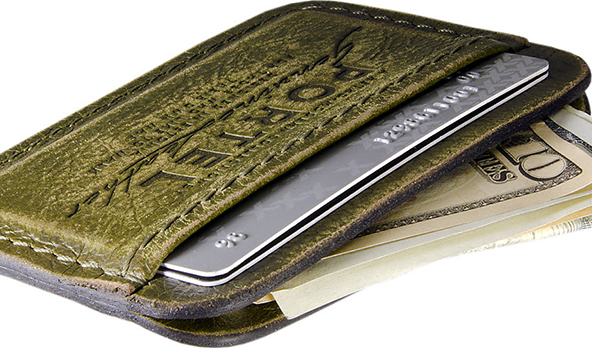
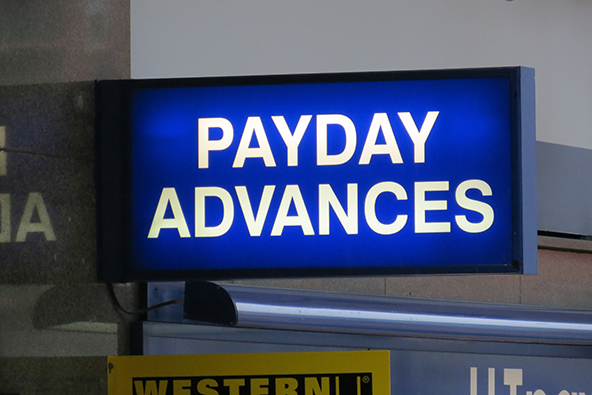
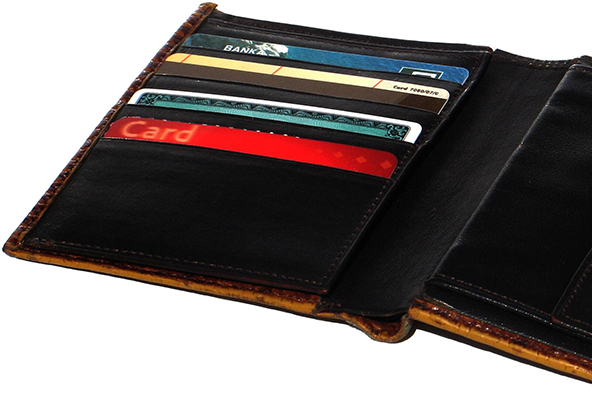
Kind of misleading headline don’t you think? Not supporting NFC = not supporting mobile payments??
You are correct that there are other types of mobile payments services that do not rely on NFC. The point, though, is that the only type of payment acceptance over which Apple has any control is the NFC-based one. All other types use Apple simply as hardware provider. So its decision not to incorporate the technology into its products clearly amounts to not supporting mobile payments.